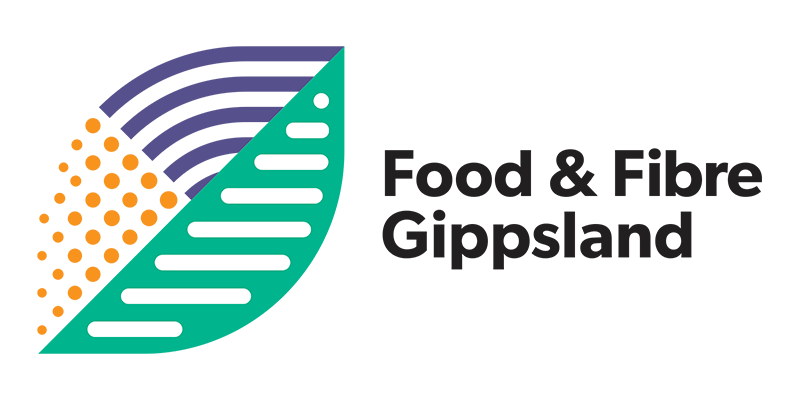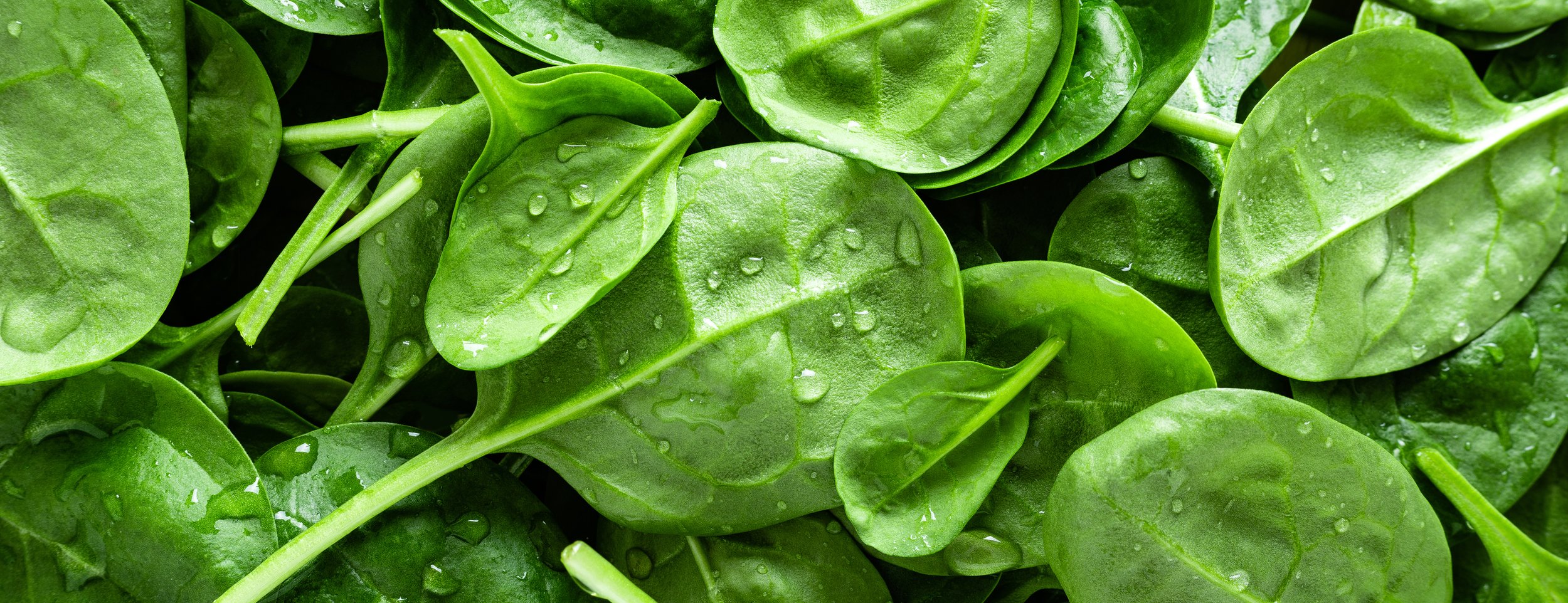
VegNET
VegNET is a vegetable industry extension program nationally coordinated by AUSVEG and funded by Hort Innovation using the vegetable research and development levy.
The VegNET program is delivered regionally through organisations with strong grower networks in vegetable producing regions, with 10 Regional Development Officers (RDOs) located strategically across Australia.
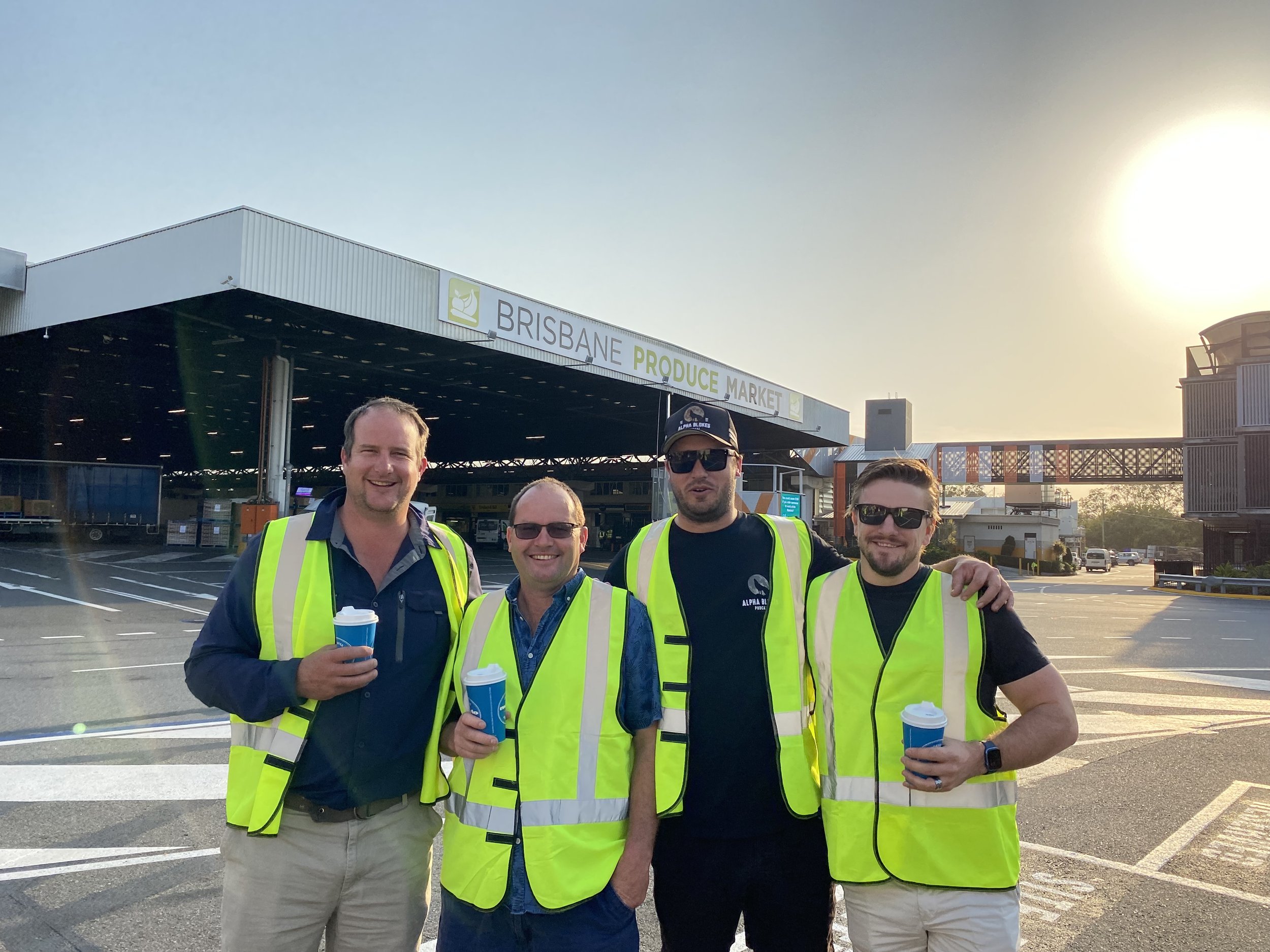
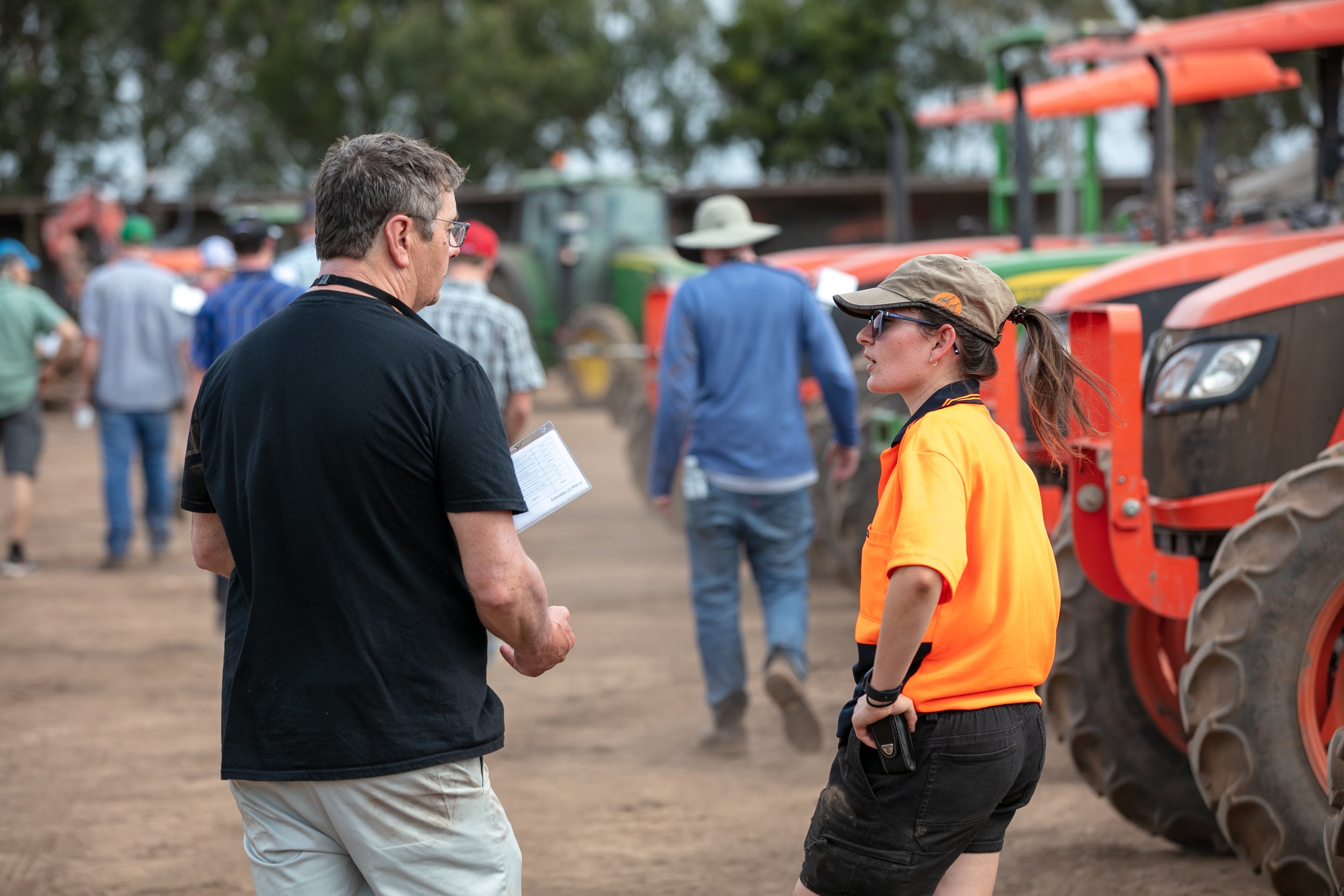

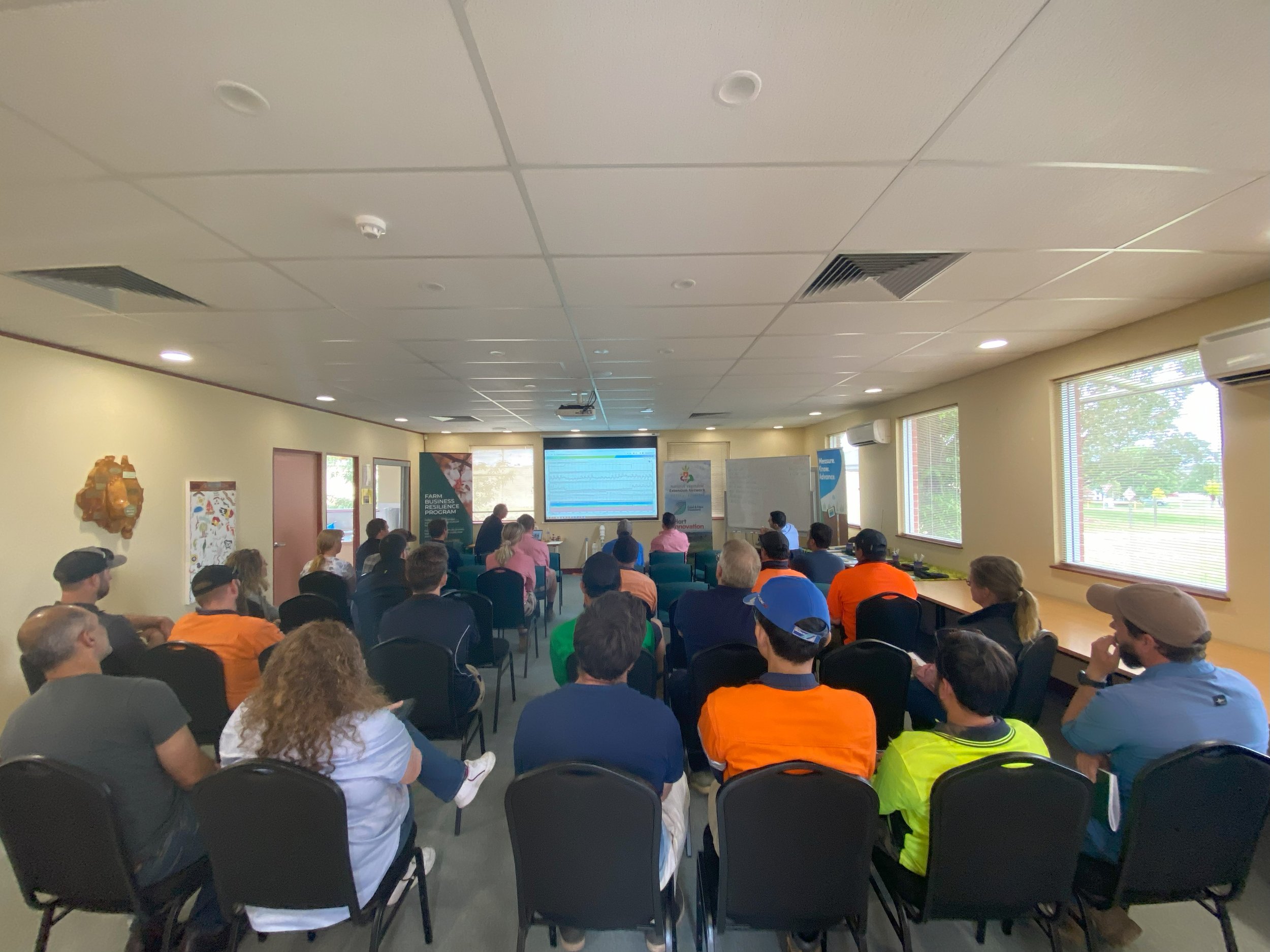


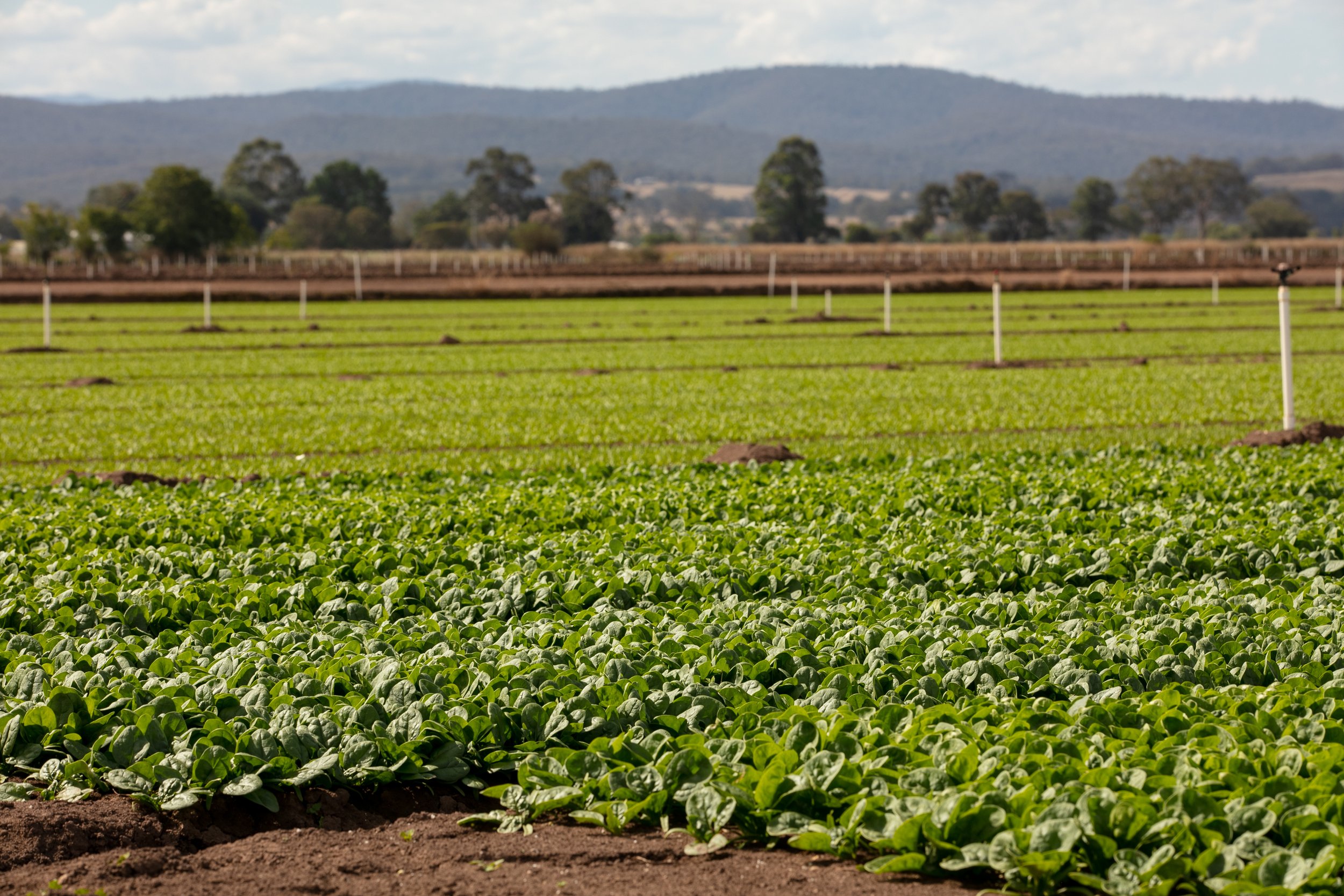
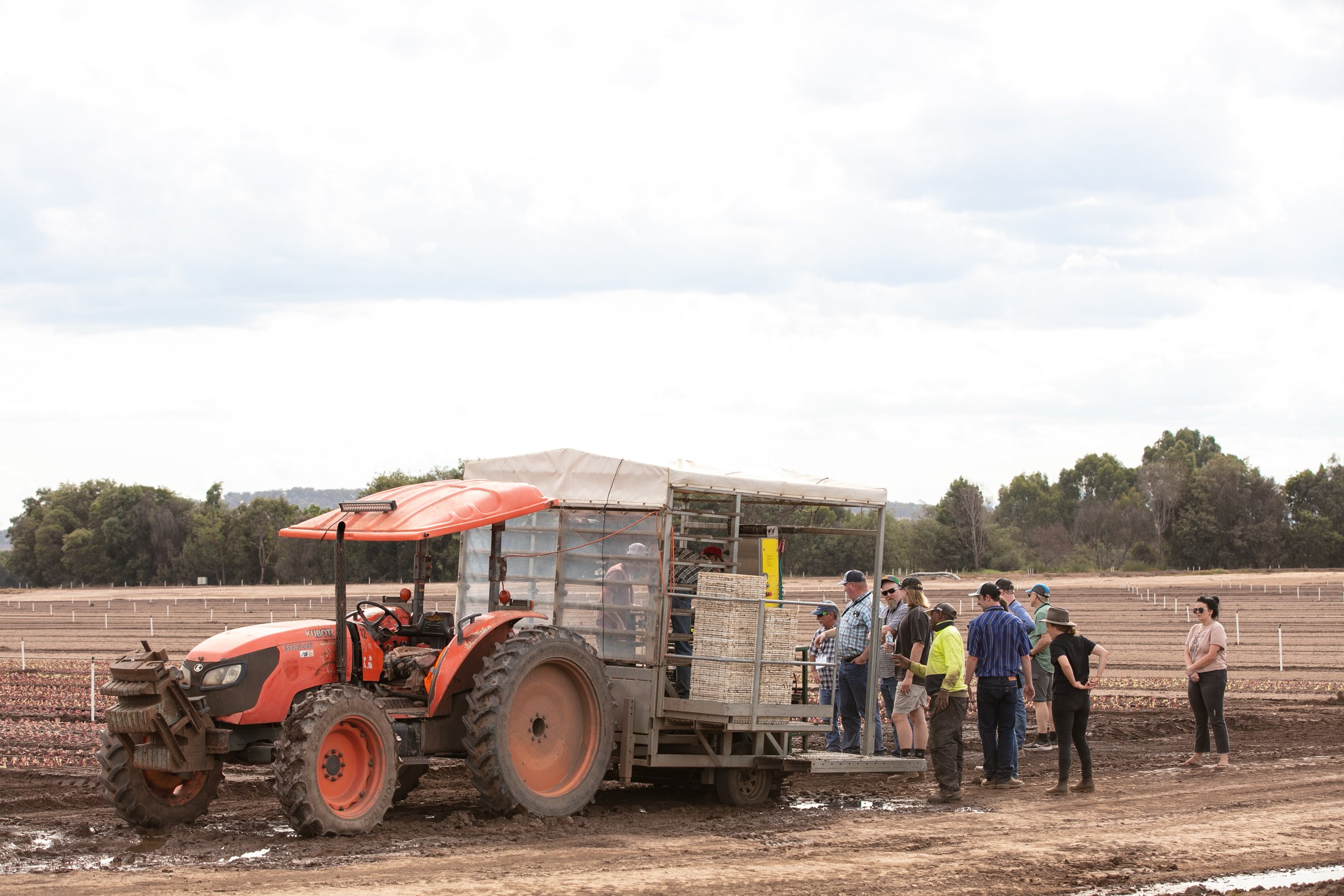

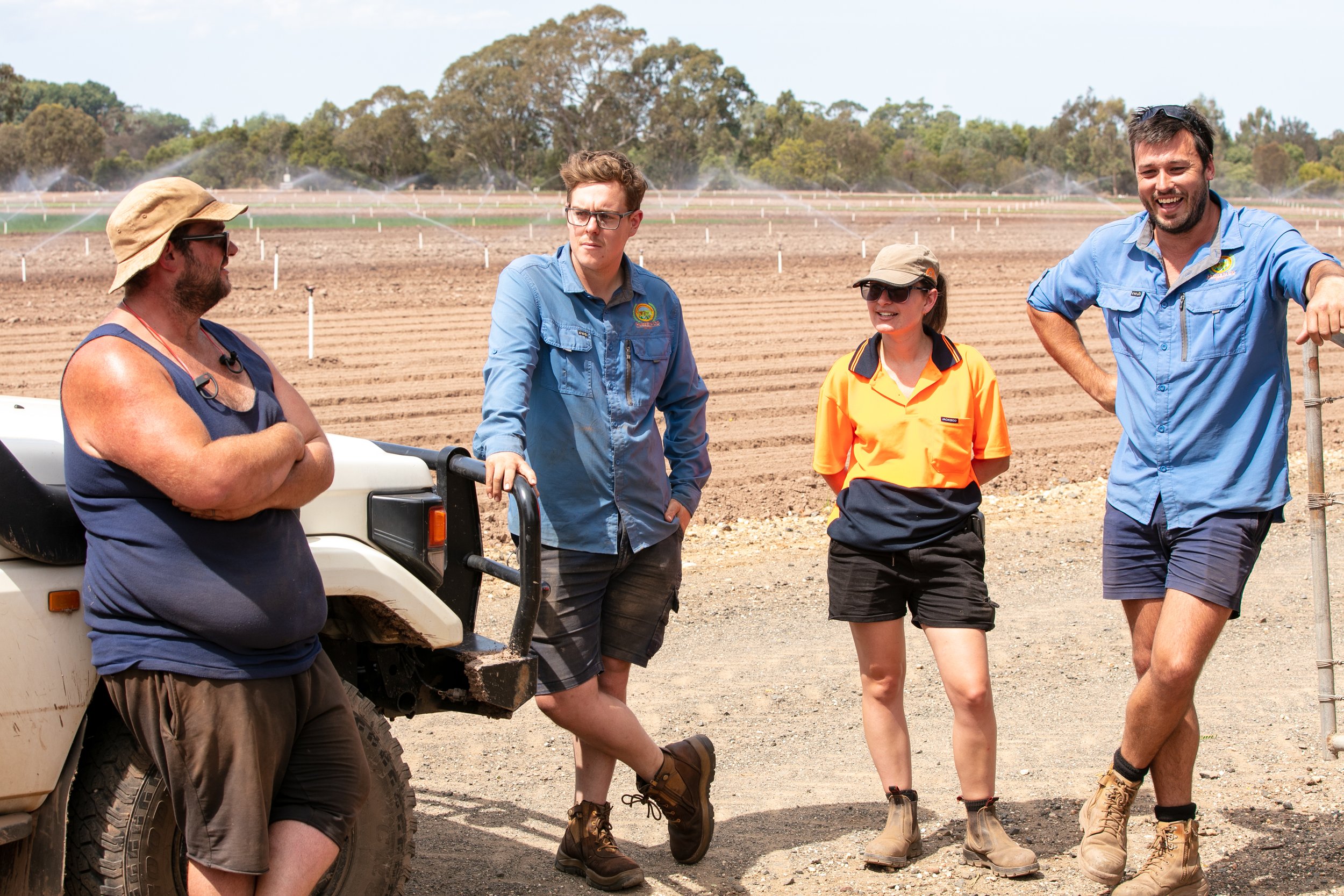

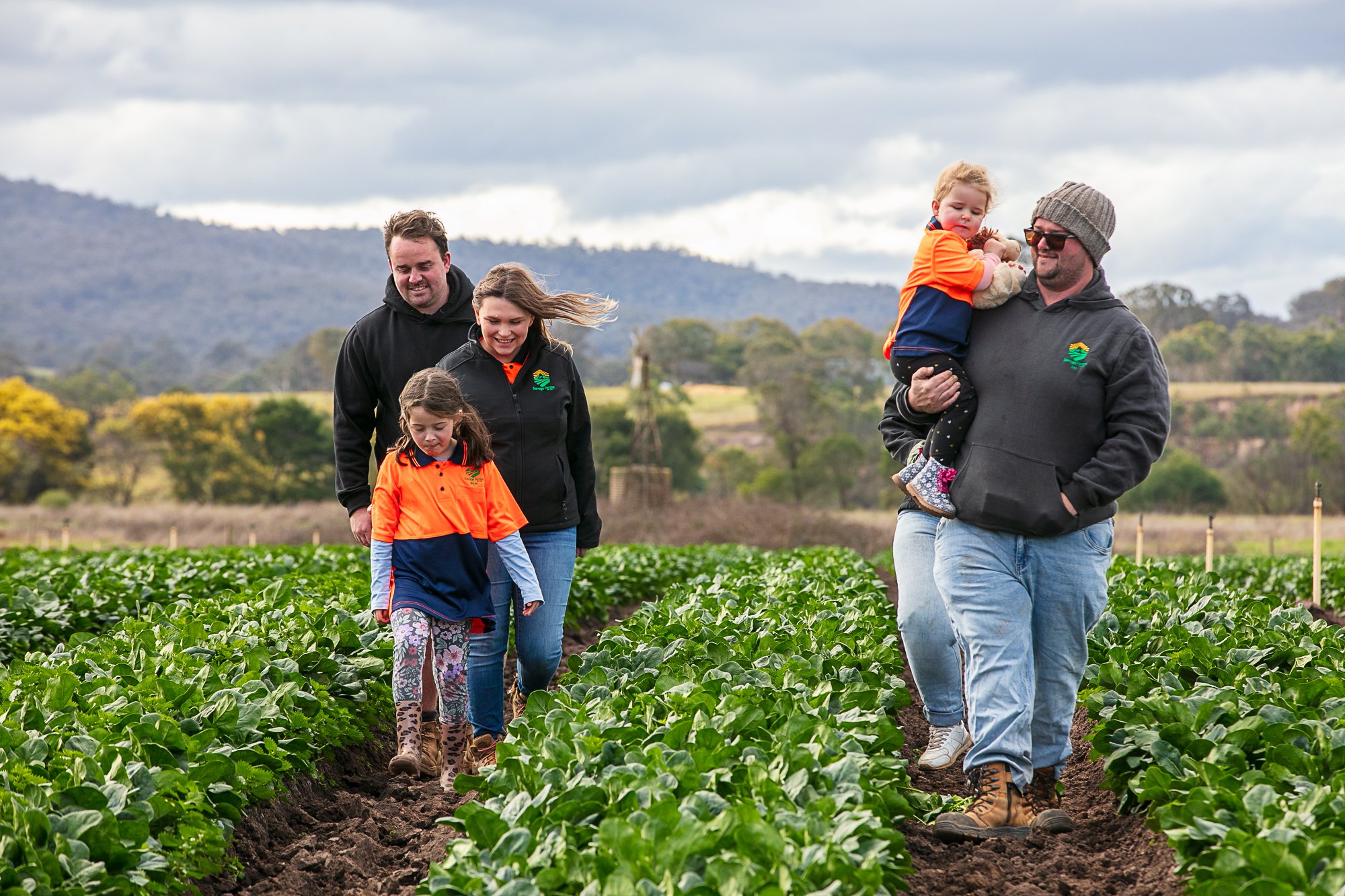
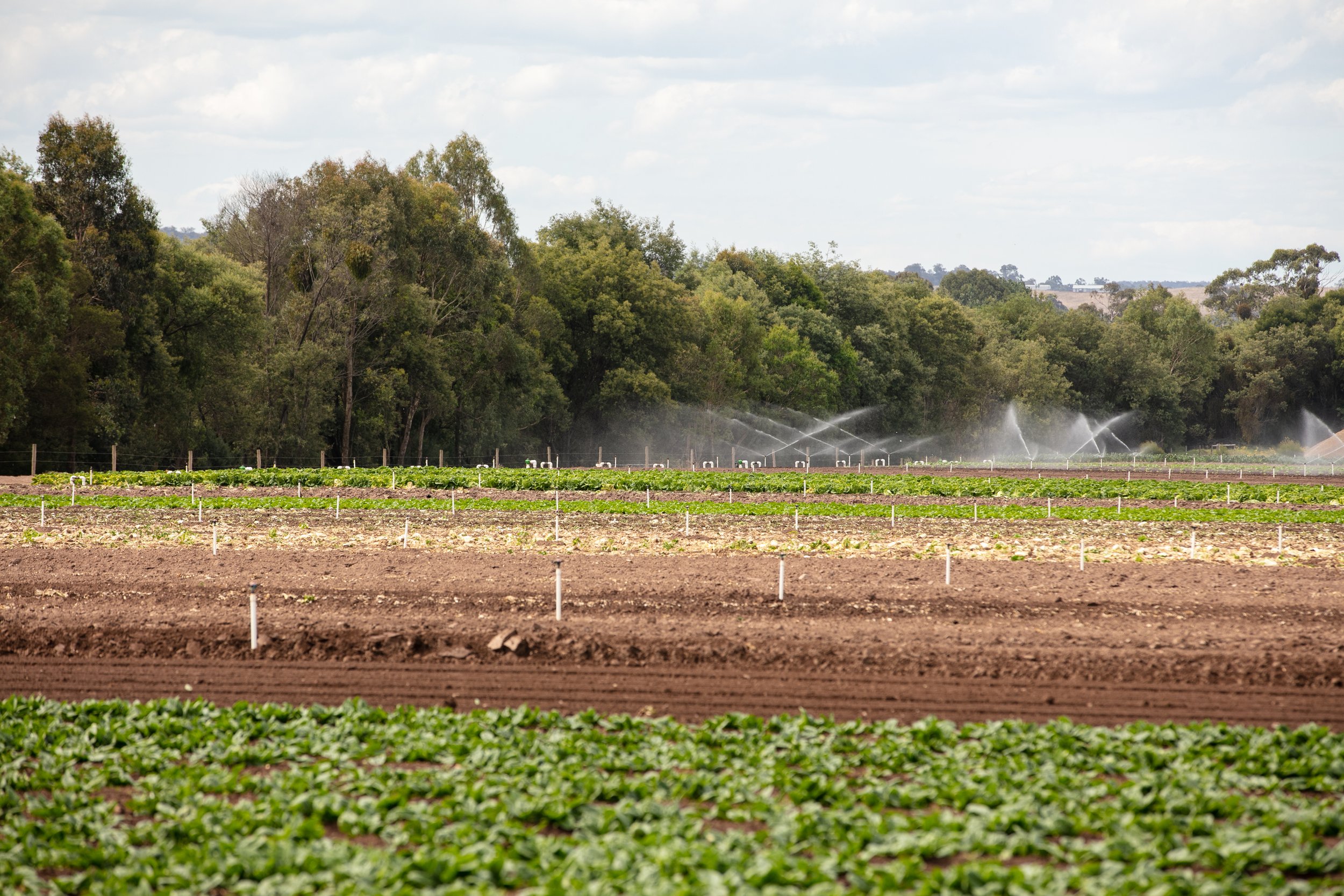
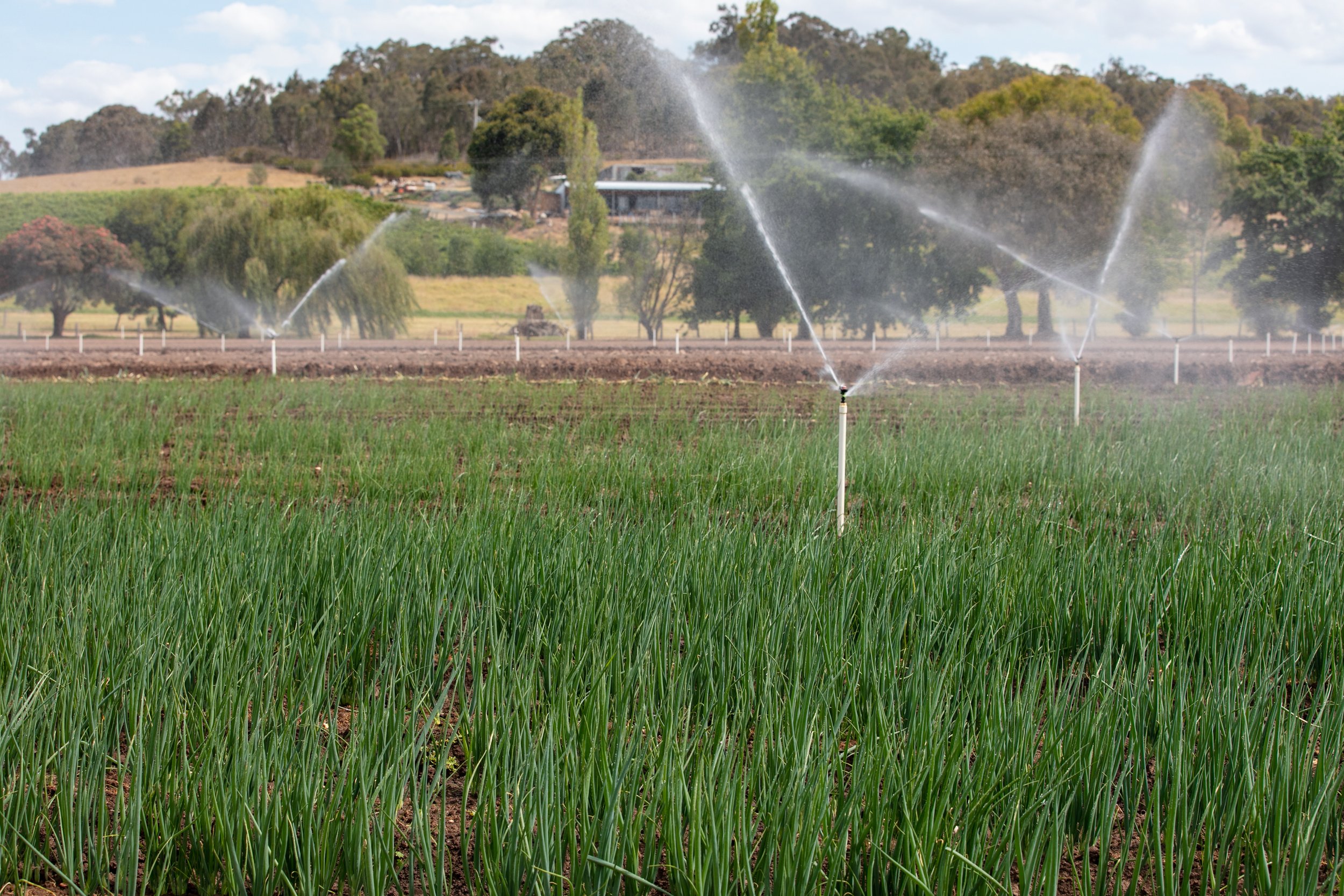
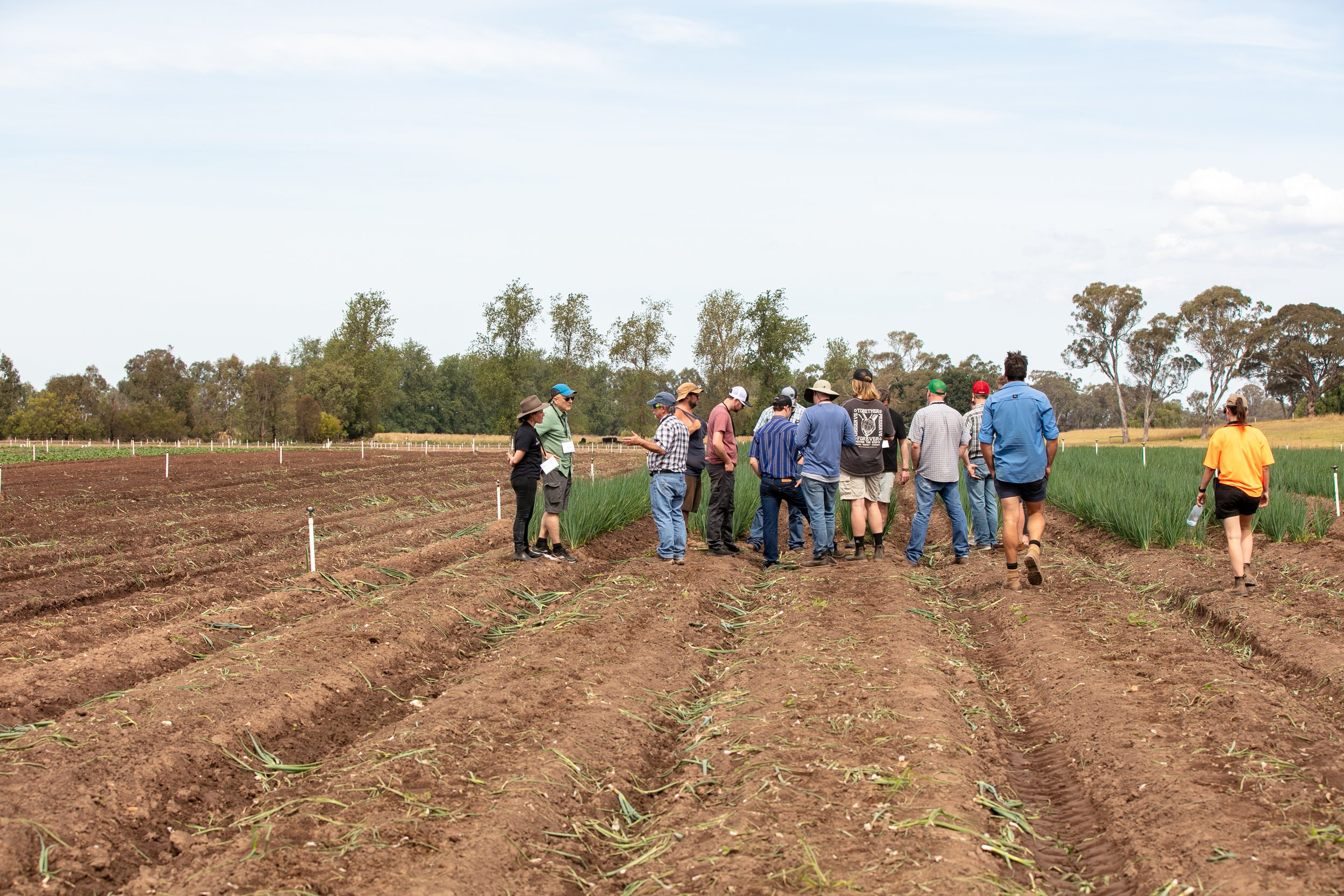
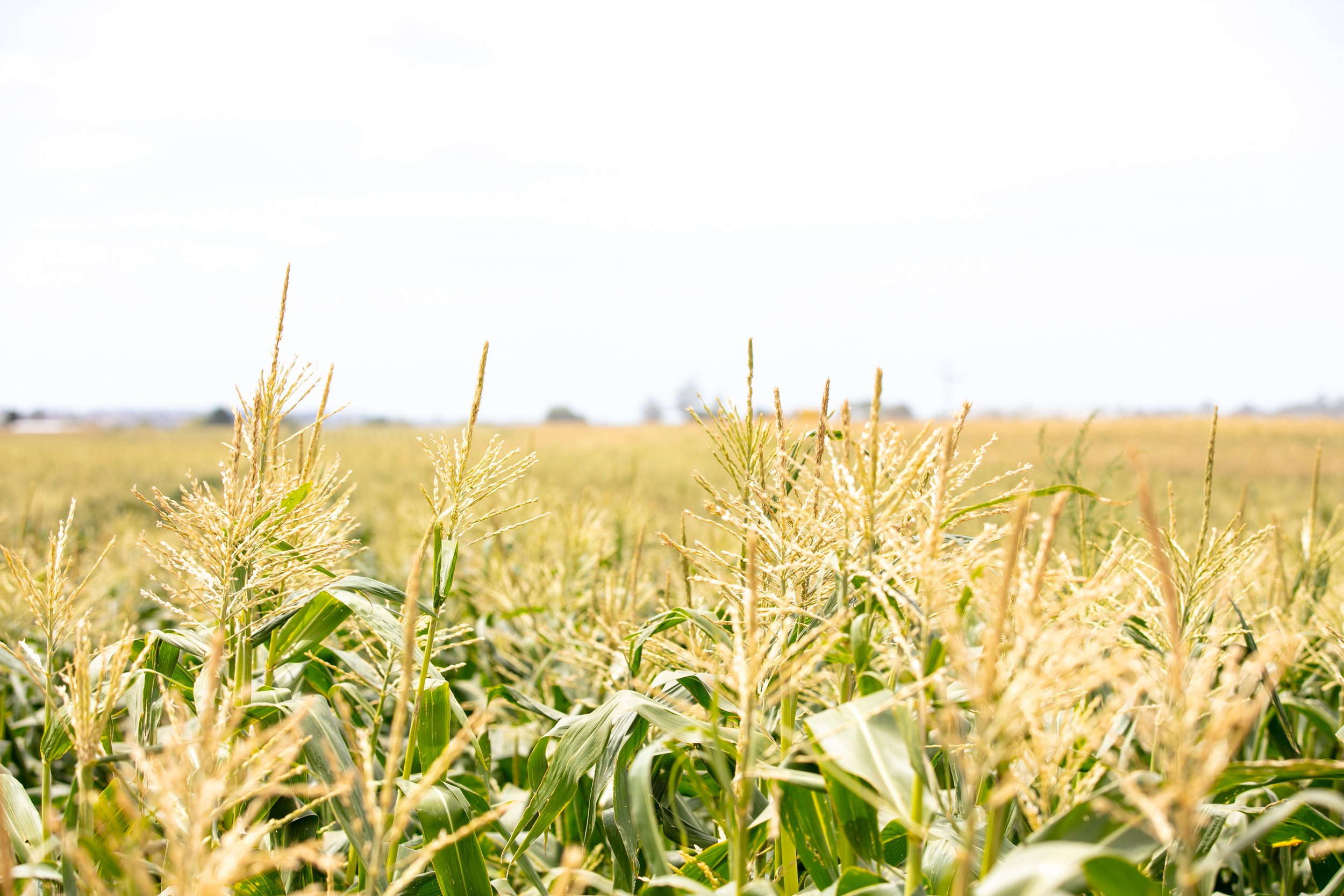



VegNET Victoria - Gippsland
Food & Fibre Gippsland is contracted to deliver the VegNET program in Gippsland with Amanda Gould, the Gippsland VegNET RDO, delivering on-the-ground extension to Gippsland’s vegetable growers.
The role of an RDO is to keep vegetable growers informed about current research and development activities, results, and resources – supporting the adoption of industry best practice and bolstering vegetable productivity and profitability in key growing areas across the country. AUSVEG works closely with Food & Fibre Gippsland and the VegNET RDO to maximise knowledge-sharing, both realising and encouraging opportunities for collaboration.
VegNET Gippsland continues to make progress towards the key extension focus areas of the five-year Regional Extension Strategy (RES) that was developed in 2021. The RES is continually reviewed and refined to reflect the needs and desires of levy payers through the Regional Extension Advisory Group (REAG), event feedback, and one-on-one discussions.
The key extension and adoption focus areas of the Gippsland VegNET program for 2024-25 are:
Environment and crop health
Smarter growing and innovation
Building business capacity and a sustainable workforce
The REAG is a group of Gippsland growers and agronomists who advise the VegNET RDO and guide local extension activities and delivery. If you would like to be involved in this group please get in touch with Amanda - the group meets around four times per year.
Food & Fibre Gippsland also currently receives additional funding from the Future Drought Fund, which, through the VegNET RDO, delivers a demonstration project that aims to help grow Gippsland’s drought resilience with advanced irrigation technologies, including soil data monitoring.
Gippsland’s vegetable industry is valued at almost $1 billion. Production is concentrated in key areas, with most baby leaf, brassicas (cauliflowers, cabbage, broccoli) and sweet corn produced in the Lindenow Valley of East Gippsland and the Macalister Irrigation District. South Gippsland is home to much of Australia’s sugar snap, snow pea and other bean production, as well as an ever-expanding celery growing operation in Middle Tarwin. There are tomatoes, cucumbers, capsicums and eggplant grown in very large volumes in glasshouses in the Baw Baw Shire.
VegNET Gippsland delivers multiple events throughout the year, from field days to study tours, seminars, and Q&A sessions, all covering a variety of relevant topics. VegNET Gippsland also produces case studies following key events or projects.
Ongoing and upcoming VegNET Gippsland events:
Soil moisture monitoring program – ongoing
RMIT workforce projections research project – ongoing
Fall Armyworm (FAW) Industry Learning Group
VegNET Gippsland case studies:
Pilot program supports CaLD workers to settle into Gippsland – September 2023
Seminar series supports professional development in Gippsland – September 2023
The practicalities of soil data monitoring in intensive vegetable production - December 2023
The impacts of severe and compound rain events on baby leaf crops - January 2024
The learnings and challenges of running a study tour – January 2024
Gippsland growers pilot the use of drones on-farm - September 2024
Trialling new soil health technology in intensive vegetable farming - October 2024
Newsletters - 2025
To find out more about VegNET Gippsland, please contact Amanda Gould, VegNET Gippsland Regional Development Officer: info@foodandfibregippsland.com.au
Find us on Instagram
